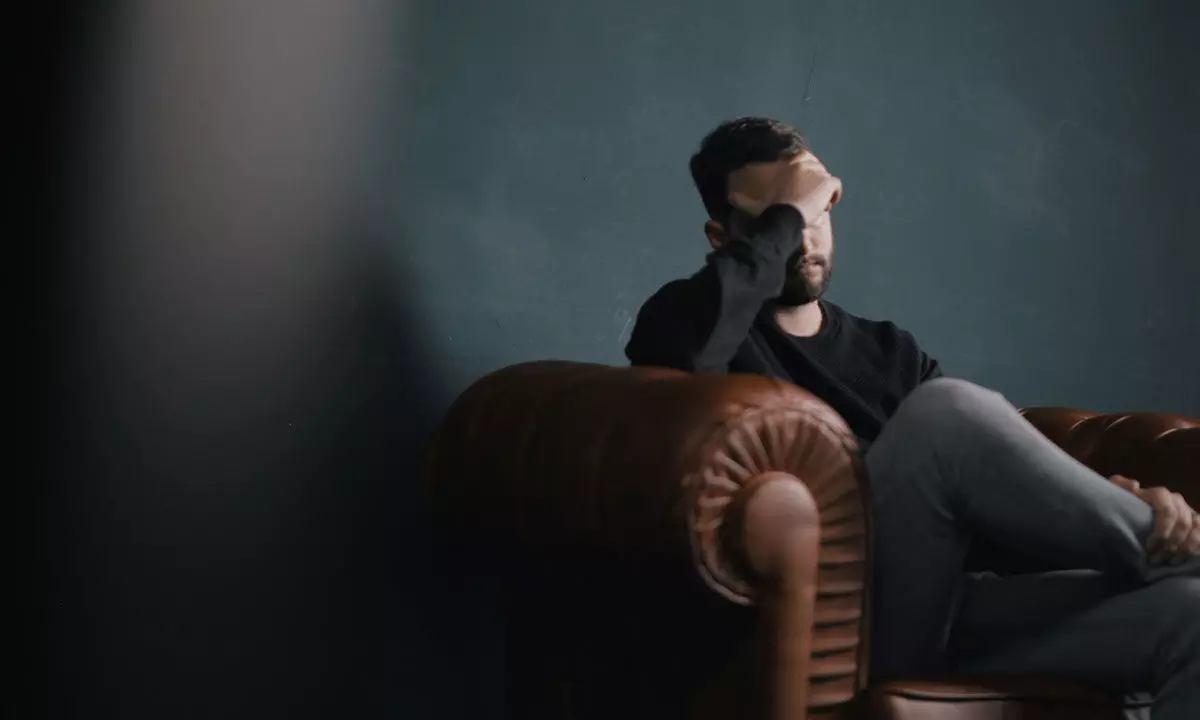Trauma and turbulence

Trauma and turbulence
We all have habits, eccentricities, and beliefs which can be traced back to our parents. Not just this, the way we behave, perceive, speak, and think maybe similar to that of our parents most of the time.
Bengaluru: We all have habits, eccentricities, and beliefs which can be traced back to our parents. Not just this, the way we behave, perceive, speak, and think maybe similar to that of our parents most of the time. It wouldn't be wrong to say that we are following the scripts inherited by our parents. Genes have a lot to offer, it may be about how an individual cooks or just about what kind of food s/he prefers. While these are just a few harmless examples, adults who have all sorts of problems can pass these issues on to their children. Unresolved traumas or issues during childhood not only hampers their lives but also the lives of future generations.
Physicians use the term 'trauma' to define a sudden and a serious injury to the body. Similarly, emotional injuries can be caused due to several reasons which include one-time and unexpected incidents like an accident, a serious injury, violent attack, natural disaster and so on. These injuries also require the same amount of care, attention and time to heal. When these traumas stay unresolved, they will continue to have an impact on how you treat yourself and others in certain situations that may provoke you emotionally. This may happen intentionally or unintentionally as s/he may try to re-enact the past trauma. Furthermore, it turns into a vicious cycle which is described as intergenerational trauma. Thus, can this be termed bad parenting?
"Technically, there is nothing called good or bad parenting. Bad parenting is when the parents influence their children into doing whatever they want rather than understanding the child's interests and needs," says Dr Satish Kumar CR, Consultant, Clinical Psychology, Manipal Hospital.
Children are inclined to turn into their parents. However, when a parent doesn't comprehend the child's needs, children may face numerous problems. "Children experience emotional issues, technology addiction, temper tantrums, difficulty in making and maintaining relationships, lack of empathy and poor resilience," he adds.
Other complications may include emotional disorders and behavioural problems in children. "Internalising emotional disorders such as anxiety, depression, withdrawn behaviour, somatic complaints, thought problems, emotionally reactive and externalising behaviour such as aggression, violence, attention and sleep problems and rule-breaking behaviour," he explains.
This also has an impact on the emotional intelligence of a child. "Studies have shown that Parental responsiveness, emotion-related communication, and positive demanding attitude are related to children's higher emotional intelligence, while parental negative demanding attitude is related to children's lower emotional intelligence," he adds. These childhood traumas/issues can be carried into adulthood as depression, social anxiety, substance consumption disorder and antisocial and other personality disorders. "If these are unresolved there could be severe parent-child relationship dynamics in future. Parents could develop depression in old age and it could hamper the future relationship with the family," he describes. Therefore, it becomes necessary to understand and rectify bad parenting techniques. "Identify bad parenting habits such as demanding blind obedience, intimidation to discipline, controlling for the wrong reason, not being able to control or manage child's bad behaviour, denying responsibilities whenever things go wrong. One can identify the above behaviour and can stop bad parenting by listening to your child's thoughts and feelings, label the behaviour and not the child, show love and attention and let them make mistakes and learn from them," he concludes. Remember, the cycle can end with you. If you are somebody who is trying to recover from a trauma, it's important to consult a therapist to obtain the desired results. Understand that you are not alone - acknowledging the trauma, looking at yourself from an observer's point of view, and taking time to heal is all you need.















